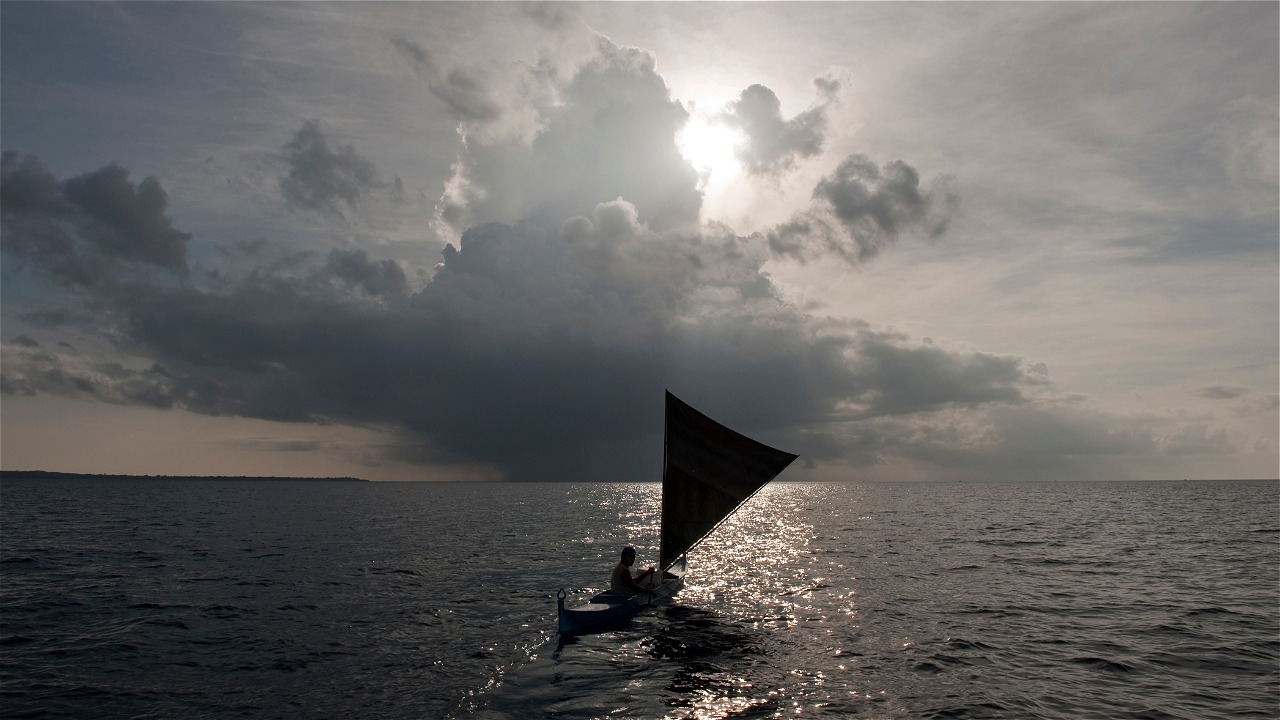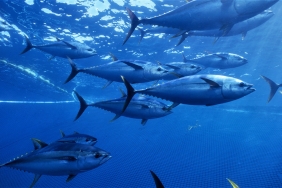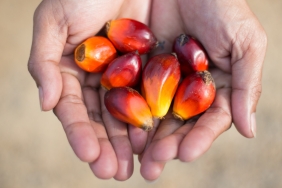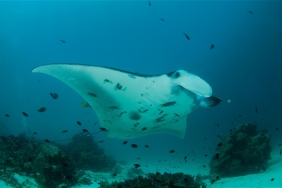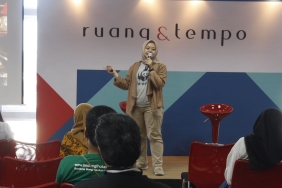TOURISTS' DIRECT CONTRIBUTION TO CONSERVATION
Authors: Annisa S. Ruzuar (Responsible Marine Tourism and Sustainable Seafood Communication Advisor) and Novita Eka Syaputri (Sunda Banda Seascape Communication and Campaign Assistant)
Payment for Ecosystem Services (PES) is a scheme that requires users of a certain area to pay a nominal amount that will be used to protect and manage the area with sustainable principles. Facilitated by WWF-Indonesia, Petuanan Kataloka and the Indonesian Recreational Boat Network (Jangkar) agreed on a PES system to assist Petuanan Kataloka's water and coastal conservation efforts. The implementation of the PES in Koon has started since March 29, 2016 by targeting recreational boats (liveaboard) as the initial target. Funds obtained from these payments will be managed by the Lembaga Adat Wanu Atalo'a (Leawana) for conservation, cultural and educational needs in the Petuanan Kataloka area. (Read also Petuanan Rights-based Utilization in Koon Island, Maluku).
Raja Kataloka has Hak Petuanan Laut in 12 hamlets on four islands: Koon Island, Grogos Island, Nukus Island, and parts of Gorom Island, which fall within the administrative area of East Seram Regency. Of the four islands included in the Inner Banda Arc Seascape, WWF-Indonesia has focused its assistance on Koon Island and its waters since five years ago by overseeing the Marine Conservation Area (MCA) program with the Rights Based Management (RBM) tool in the Kataloka Petuanan area. (Read also Customary Oath of Negeri Kataloka to Maintain the Sustainability of Koon Island Waters) The program is based on the fact that Koon waters are one of the buffer areas for fish stocks in Indonesia. In recent years, WWF-Indonesia has also begun its intervention in the realm of responsible marine tourism in Koon, one of which is by introducing the PES system.
The mechanism of payment for environmental services in marine tourism is expected to help maintain the natural function of the waters and coastal areas of Petuanan Kataloka in providing resources for survival. Leawana will protect the area under the coordination and assistance of Raja Petuanan Kataloka. For some time to come, PT Samudera Ecotourism Indonesia (SEI), will assist Leawana in the process of socializing PES to recreational vessels entering the area. Jelajah Biru (visit its website at http://jelajahbiru.com/), a trademark of PT SEI, is also partnering with WWF-Indonesia and a number of local NGOs to develop the potential of marine ecotourism, including in the Koon Islands.
Marine Tourism for Economic Development of Surrounding Communities
Previously, it was never thought that the tourism sector would be able to bring benefits to local communities, apart from reef fishing. In fact, the underwater beauty has great potential to be Koon's main attraction. In every cruise season, a number of recreational boats bring tourists to dive in Koon's strong and challenging waters. Boats usually make a one-day stopover in Koon waters on their route between Sorong and Banda. Jangkar, which oversees a number of recreational boats that pass through the Koon waters, has expressed its commitment to contribute to safeguarding these rich waters. This commitment was followed up by Jangkar's inclusion in the socialization process and the development of the PES mechanism by Leawana, WWF-Indonesia and PT SEI. From the input received, it was agreed that PES payments could be made through PT SEI, which has obtained a mandate from Leawana. This will facilitate the payment and communication process considering the difficulty of signal and the absence of banks in the Petuanan Kataloka area. The amount of environmental service payments for the waters and coast of Petuanan Kataloka can be checked on the Jejalah Biru website at Environmental Service Payments for Conservation in Petuanan Kataloka.
Tourism in Petuanan Kataloka will continue to grow and develop. Not only diving tours on Koon Island. For example, tourists can also visit Gorom Island and enjoy Petuanan Kataloka's Royal family recipes and trekking in the nutmeg garden. Responsibly managed tourist visits are expected to provide alternative income for communities that have a desire to protect their territory.
"The government of East Seram fully supports the implementation of tourism that is managed in wise ways. The development of tourism in Koon waters will bring the name of our region to the international level," said Regional Secretary of East Seram Syarif Makmur at the Socialization of Environmental Services Financing in Denpasar, Bali on March 29, 2016.

